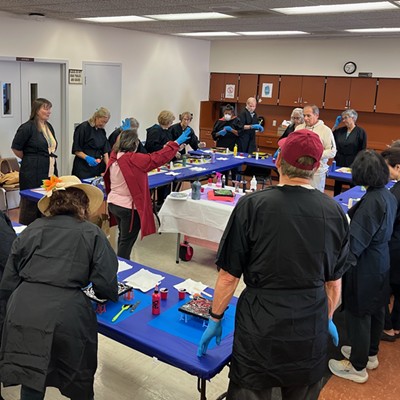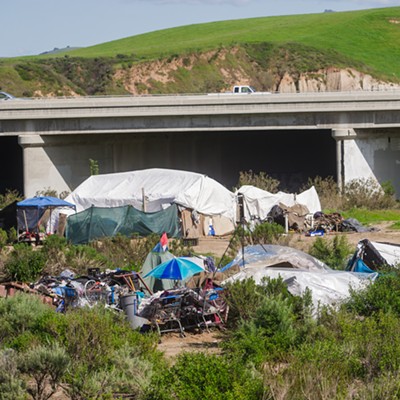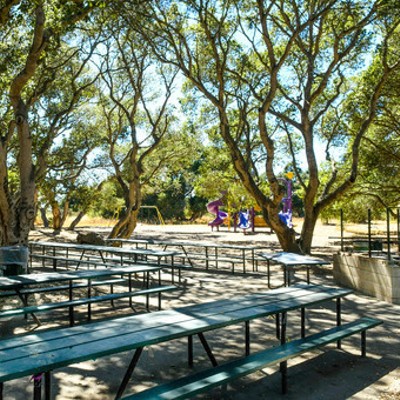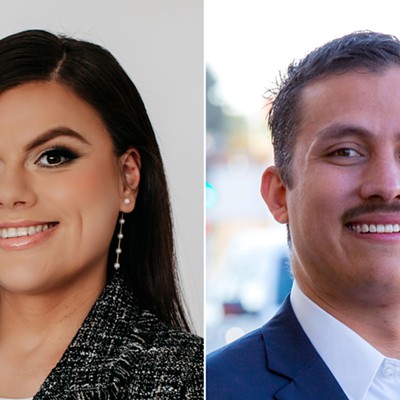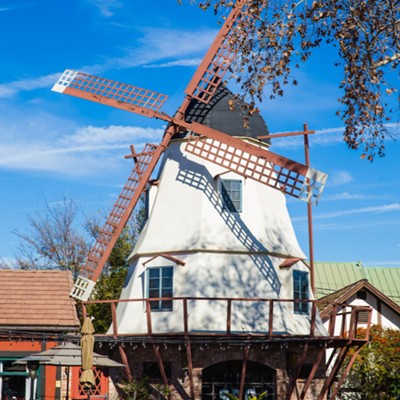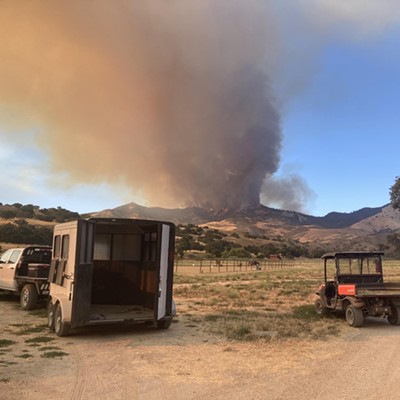A Los Angeles County Superior Court judge confirmed that the Cuyama Valley Groundwater Basin is one connected basin—not separate subbasins—allowing for the groundwater adjudication to move forward following a year-and-a-half of delays and litigation.
“The court has been scrupulous to confine phase one of this adjudication to the boundaries of the court’s in rem [personal property] jurisdiction,” the judge wrote in the ruling. “Later phases of this adjudication may be used to determine whether management areas should be utilized (or not) and whether the basin should be differentially or homogeneously managed.”
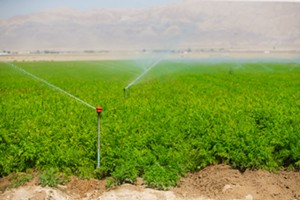
The Cuyama Valley Groundwater Basin is one of California’s 21 critically overdrafted basins that was required under the 2014 California Sustainable Groundwater Management Act (SGMA) to create a groundwater sustainability agency (GSA) and corresponding groundwater sustainability plan. After the California Department of Water Resources approved the sustainability plan, which called for a 60 percent water use reduction in 20 years, agricultural corporations Bolthouse Farms and Grimmway Farms filed a groundwater adjudication against every landowner in the Cuyama Valley in August 2021.
The adjudication calls for a judge to rule on how much water everyone can pump, which created a parallel track to SGMA and forced landowners to join the lawsuit or risk losing their water rights altogether. In 2023, Bolthouse Farms and Grimmway Farms dropped out of the adjudication, but remaining landowners not affiliated with the ag corporations are carrying the lawsuit forward.
“It sounds like the court’s decision is very much aligned with the GSA and our current [groundwater sustainability plan]. This seems good for the basin as a whole,” Condor’s Hope Vineyard owner Roberta Jaffe told the Sun in a statement. “It’s just frustrating that these efforts that are taking place in a public setting through the GSA are being duplicated in the courts.”
The cost, time, and energy demanded are “exorbitant” for the landowners who need attorneys to represent them and the taxpayers who pay for both the court and groundwater sustainability plan process, Jaffe added.
The judge’s ruling came after Cuyama landowners Santa Barbara Highland Vineyard, Brodiaea Inc. (Harvard University’s endowment fund), and a group of Ventucopa landowners pulled their boundary objection two days before the adjudication’s first phase in January. According to the judge’s ruling, the landowners filed their objection in September 2022, claiming that the basin should be divided into three separate subbasins.
The Sun reached out to Brodiaea Inc. and attorneys representing the Ventucopa landowners for comment on the decisions, but no one responded before the Sun’s deadline. The adjudication is scheduled to resume on March 11 in Los Angeles to discuss surface water rights, according to the Superior Court’s website.
“We are pleased with the judge’s ruling that the Cuyama Basin is a single basin with no subbasins within it as the Ventucopa farmers and farming interests controlled by the Harvard University endowment had alleged for years until recently,” Bolthouse Properties Vice President and General Counsel Daniel Clifford told the Sun in a statement. “Their last-minute withdrawal of their meritless objections not only surprised people but resulted in unnecessary delays and added expense for every groundwater user in the basin.”
This ruling allows the adjudication to proceed with a “one basin-wide approach” and “achieve groundwater sustainability that is acceptable to every groundwater user and the court,” Clifford added.
“There’s nothing that would surprise me at this point,” Cuyama rancher Jacob Furstenfeld told the Sun. “I just hope the work we put in—through the groundwater sustainability agency and the standing advisory committee and the community—that the groundwater sustainability plan will have a significant impact on what the court rules on.”


